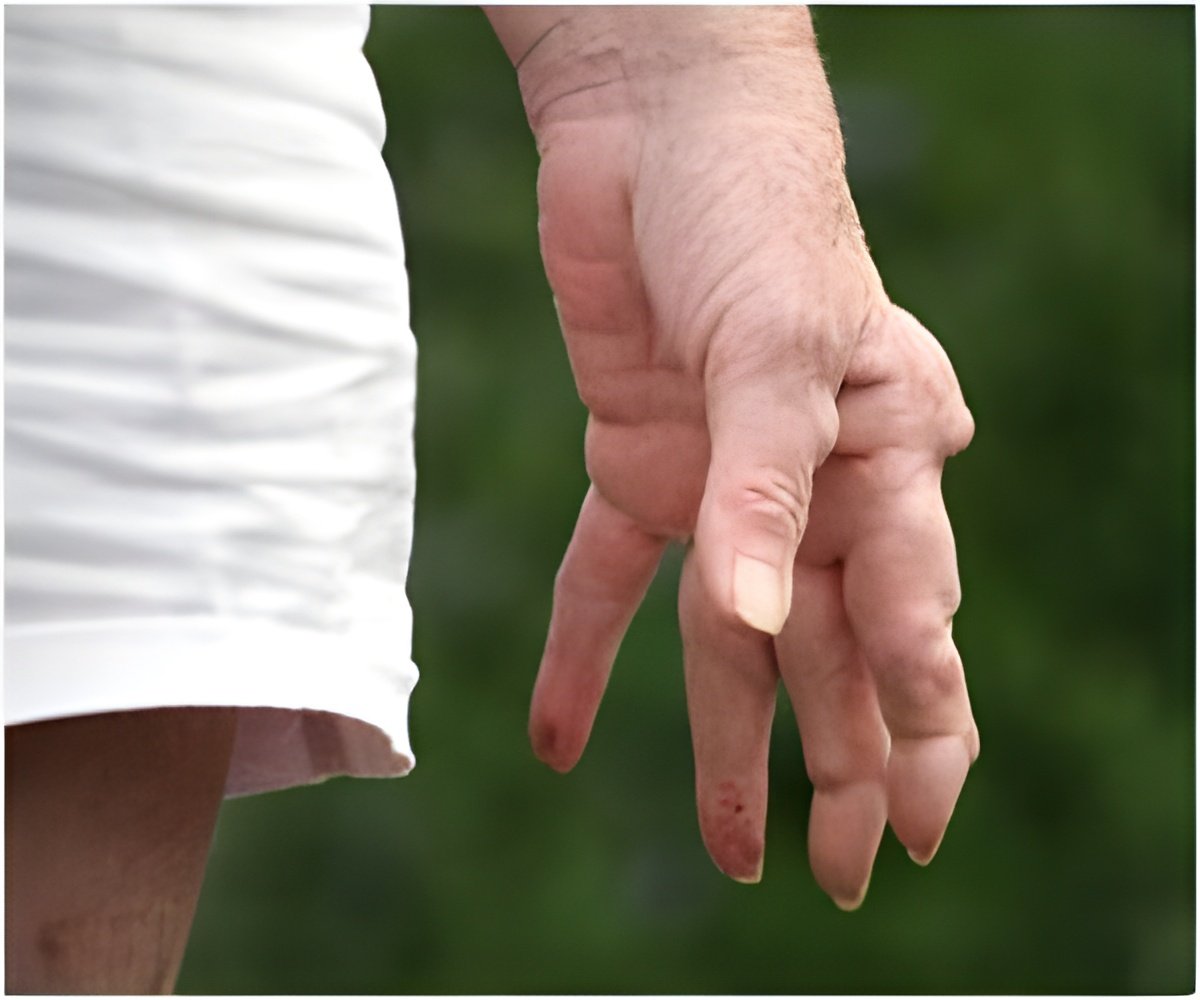Sex lives of patients are negatively affected by rheumatoid arthritis (RA), a new study has found.

For sexually active patients, the main physical problems reported in the RA study were a decrease or absence of libido, reported by 47 percent and pain or stiffness in the joints reported by 24 percent.
A mean Health Assessment Questionnaire score of 1.23 was reported by participants, indicating that RA had a moderate to severe level of impact on their physical functioning.
The study findings also showed that in addition to physical problems, significant emotional consequences were experienced with 39 percent of RA patients reporting feelings of guilt and frustration.
Despite the high physical and emotional impact of RA on their sexual activity, 72 percent of participants said that they had never talked about the affect of the condition on their sex lives with their physician, with 66 percent unwilling to address the issue and 62 percent not considering they needed any help.
"Our study has shown that there is a link between rheumatic disease activity and the negative impact this has on the sex lives of many of our patients," said Professor Gisela Kobelt, Health Economist, Visiting Professor at Lund University, Sweden and President of Rheumatology, Association Nationale de Défense contre l'Arthrite Rhumatoïde (ANDAR), Paris, France and lead author of the French study.
"What is worrying is that patients are often reluctant to speak to their doctor about this, which means they continue to suffer both physically and emotionally. We encourage doctors to initiate conversations with patients to offer support to those that may benefit."
The findings have been presented at EULAR 2010, the Annual Congress of the European League Against Rheumatism in Rome, Italy.
Source-ANI













